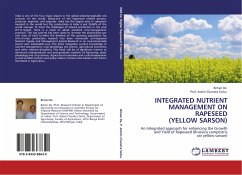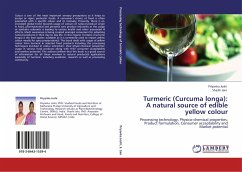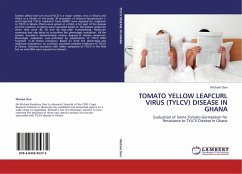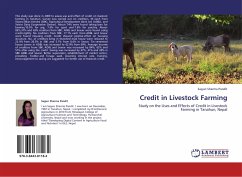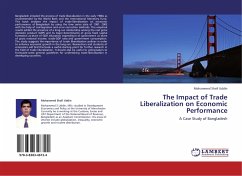India is one of the four major players in the global oilseeds/vegetable oils scenario of the world, being one of the important oilseed grower, producer, importer, and exporter. India has the largest area in rapeseed-mustard in the world but the productivity in India is just 50-60% of the world average. To meet the challenges of oilseed production in the post WTO regime, there is a need to adopt standard crop management practices. The top priority has been given to increase the productivity per unit area of land to meet the demand of the growing population for which crop production research has been reoriented as Integrated Nutrient Supply and Management System Research in an environmentally sound and sustainable way. This book integrates current knowledge in nutrient management, crop physiology, soil science, agricultural economics and other relevant disciplines. This book will be of significant interest to advanced undergraduate and post-graduate students of Agronomy, plant physiology and crop science, Agricultural economics and rural development as well as NGO workers and policy makers, farmers and advisors and others interested in Agriculture.

